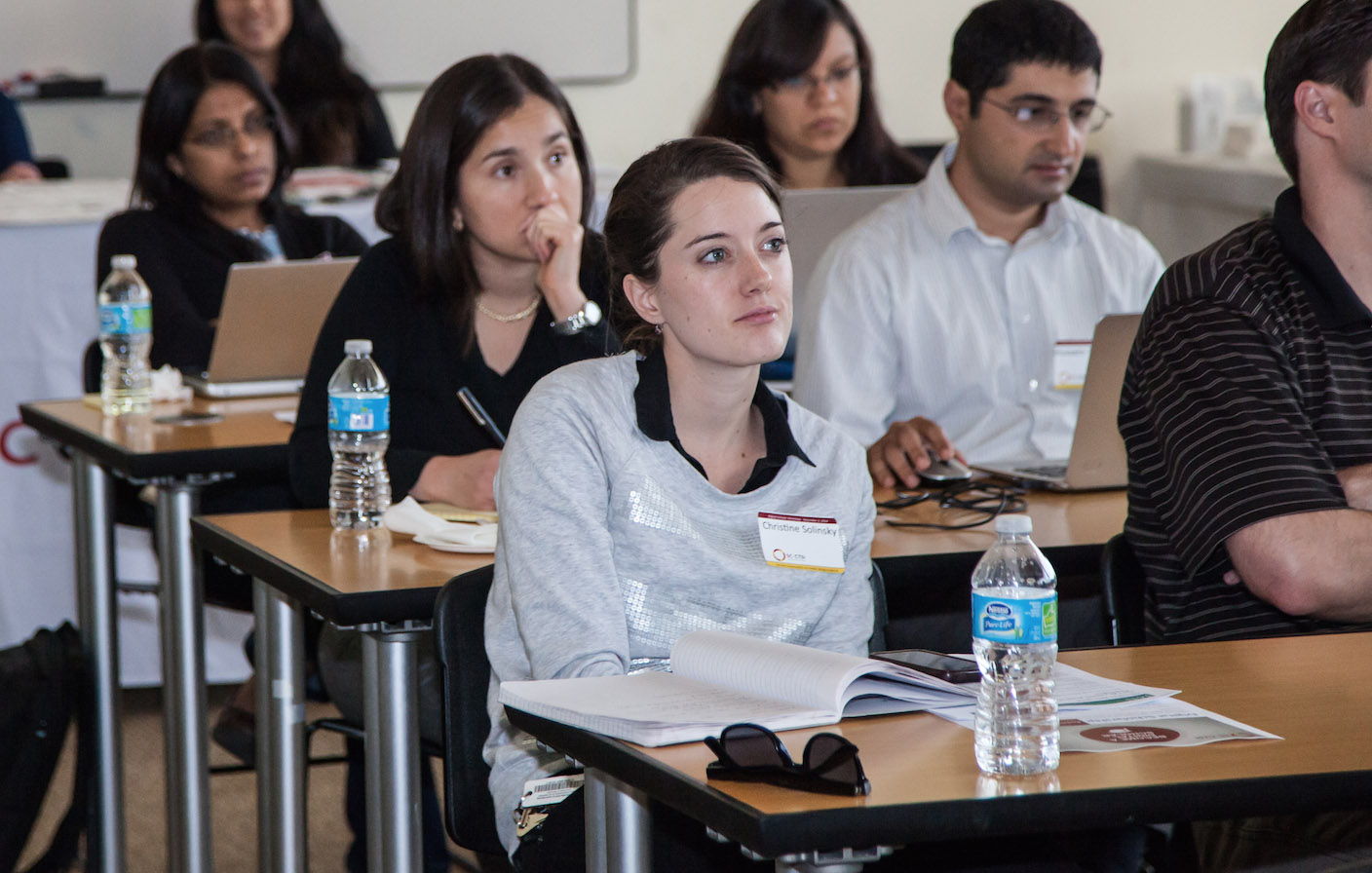SC CTSI Teams Up with Symplur to Introduce Researchers to the Power of Social Media Data
Scientists learn how popular social media platforms can serve as near-limitless sources of data for study of human health.
Hundreds of millions of people discuss their medical conditions on social media platforms every day, often forming connections for information and support. These conversations can be vital to investigators, as well – if they know how to obtain and analyze the data that resides in them.
"Most people think of social media primarily as a way to stay in touch with friends or watch amusing videos, but it has also emerged as a forum for conversations about a great many important topics, including health," said Katja Reuter, PhD, Director of eHome and Digital Strategies programs at the Southern California Clinical and Translational Science Institute (SC CTSI). "Fortunately, tools are being developed that can help researchers leverage that wealth of digital data in many ways: for research insights, to identify disease communities, to engage potential participants and to enroll them in research studies."
The SC CTSI has conducted a series of "Digital Scholar" workshops to teach researchers about the many scientific opportunities in digital technology and the social web. A recent workshop focused on analyzing data in the microblogging platform Twitter, one of the largest social media applications, with hundreds of millions of users worldwide.

Twitter is known for its 140-character "tweets" – short sentences or snippets of information, often including web links that users compose on computers or smartphones and broadcast openly to followers. Many of Twitter's users organize into online communities that share common health interests, such as diabetes, cancer, or other conditions, through the use of hashtags (#) that denote category titles.
"This seminar was life-changing for me. It made me realize that social media, in regards to health care, can be used in a constructive and proactive way," said Danieli B. Salinas, MD, assistant professor of pediatrics and preventive medicine, USC and the Division of Pediatric Pulmonology at Children’s Hospital Los Angeles. "I can see now that online communities are here to stay and as any community it needs health care providers to be complete. Let’s be part of this community!"
How social media data can inform research
Because Twitter is essentially a public forum – as opposed to the more private conversations users post on social media giant Facebook – it's particularly well-suited to research, explained Thomas M. Lee, BS, NHA, a co-founder of the California-based healthcare social media consultancy Symplur. "Because of the pure volume and diversity of conversations that are happening, Twitter is a treasure trove of interesting stories and insights," said Lee.
At the workshop, Lee and co-partner Audun Utengen demonstrated the company's tools designed to help health researchers mine Twitter data.
"If you're looking for research subjects, or a specific disease or condition, we have that information," said Audun Utengen, MBA. "We can help researchers in many ways, like finding specific types of participants, such as people in the Los Angeles area who self-identify as having diabetes."
Several workshop attendees said they would explore social media, both as a tool in research and as a way to connect with patients.
Learn more about the workshop: Visit http://sc-ctsi.org/digital-scholar/



